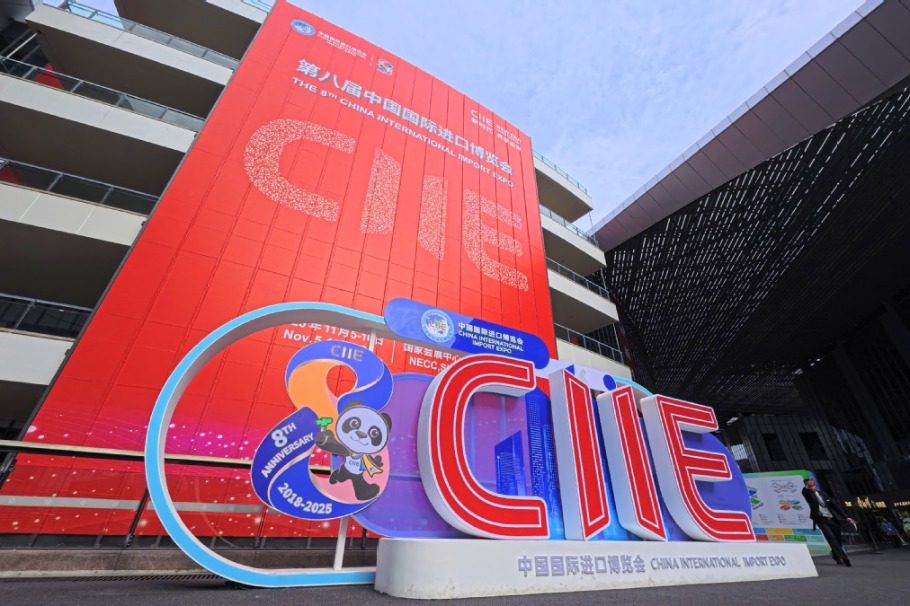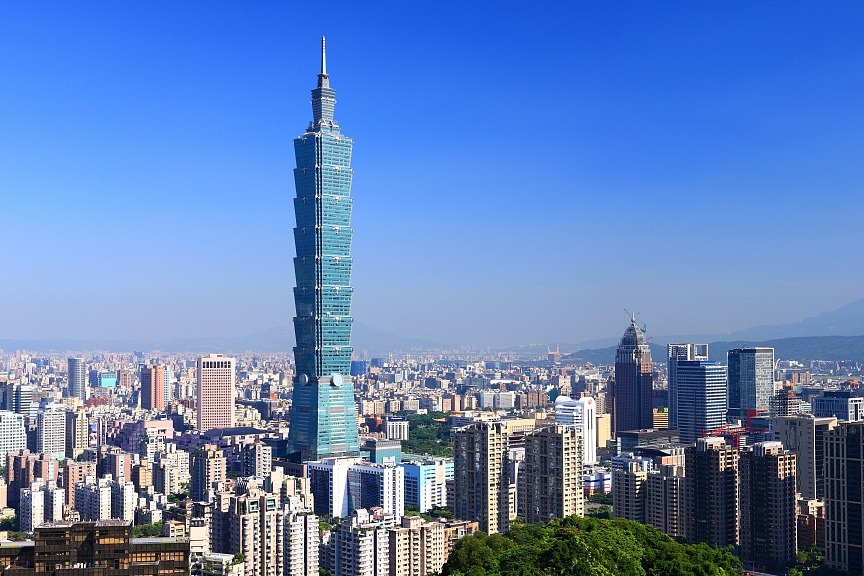Sensationalism detrimental to dialogue: China Daily editorial

Against the backdrop of prolonged trade frictions, it is understandable that policymakers in both countries analyze each other's strengths in trade, technology and resources. Such internal assessments are natural preparations for risk management, encouraging self-sufficiency and the diversification of supply chains.
However, what should remain a rational policy discussion within decision-making circles is now being turned into a public media spectacle. By publishing extreme hypotheticals as if they were imminent realities, some US media outlets are not just observing global affairs — they are participating in a media trial of China.
The latest instance being The Wall Street Journal's article titled "How China's Chokehold on Drugs, Chips and More Threatens the U.S." published on Tuesday. Such hypothetical scenarios about China "choking" the US through supply chains exaggerate tensions, fuel unnecessary anxiety, and paint China as a presumed offender regardless of facts or intentions.
This approach is a not-so-subtle attempt to manipulate public opinion. Narratives such as the one propagated by the WSJ report distort China's trade strategies and industrial development. By vilifying China's justified economic and trade practices, the report seeks to shape public perceptions of China in a way that belies the reality.
Presenting speculation, politically charged assumptions and extreme theoretical worst-case conjectures as indisputable facts is intended to mislead the public about China's actions and objectives. This is highly irresponsible, especially when global economic stability depends on rational dialogue rather than emotional and prejudiced narratives.
Trade frictions between large economies such as China and the US are not unusual. What the world knows clearly, however, is which party has triggered the escalation of trade tensions. China has consistently maintained a responsible, open, pragmatic and principled attitude in handling these frictions. Its actions have been guided by the pursuit of mutual benefit, not by a reliance on coercion and intimidation in pursuit of zero-sum gains.
The international community is fully aware which country has frequently resorted to tariffs as the means to leverage undue concessions from trade partners, linked trade issues with geopolitics, and weaponized its dominance in the global value chain.
It is undeniable that China holds comparative advantages in areas such as lithium batteries, mature-process semiconductors and pharmaceutical raw materials — as noted by the WSJ report. But these advantages stem from decades of participation in global supply chains, the country's massive industrial efforts and market competition. Through this lens, every major economy — including the US — has its own areas of advantage, whether in aerospace, advanced chips, financial services or rule-making power in global trade and finance. Following the logic of the WSJ report, the world can see why and in what way certain developed economies are using their advantages unilaterally or collectively to "choke" other countries.
Fortunately, diplomacy continues to prevail over such divisive media narratives as those of the WSJ report. China and the US have achieved a series of consensuses through their five rounds of trade talks since May. The outcomes of their trade talks in Geneva, London, Stockholm, Madrid and Kuala Lumpur are in the shared interests of both nations and have been welcomed by the international community.
For such efforts to bear fruit, media outlets should play their part in fostering a constructive environment for further negotiations. They should not sensationalize extreme scenarios as norms, nor portray theoretical contingencies as inevitable realities.
The stability of China-US economic relations is not the responsibility of their governments alone. It is also a shared obligation of businesses, societies, think tanks — and the media. Encouraging the public to view Sino-US relations as winner takes all in a zero-sum game is not in either country's interest. In today's interconnected world, adopting a "beggar thy neighbor" mentality will only result in both parties being scathed.
The reality is that a sound and steady China-US economic and trade relationship is in the fundamental interest of the two peoples and the world at large.


































